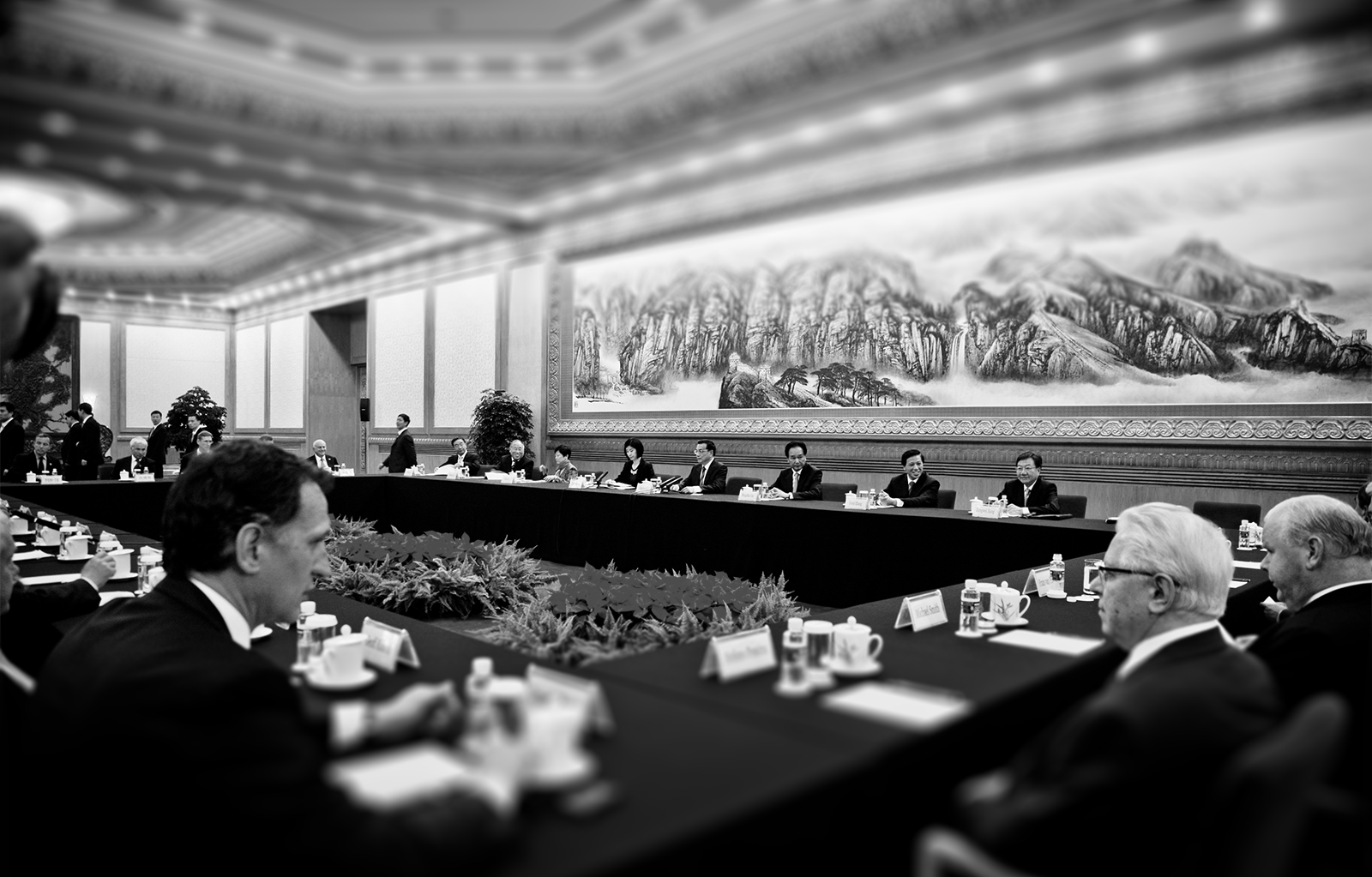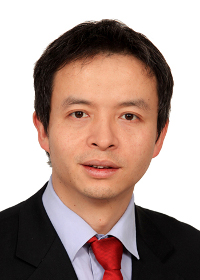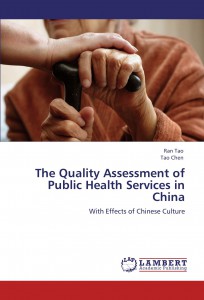- Economics Professor at Renmin University’s School of Economics in Beijing
- Senior Fellow of the Brooking Institution Foreign Policy program and Acting Director of Tsinghua-Brookings Center
- Expert in Chinese agricultural development and economics
- Economics Professor at Renmin University’s School of Economics in Beijing
- Senior Fellow of the Brooking Institution Foreign Policy program and Acting Director of Tsinghua-Brookings Center
- Expert in Chinese agricultural development and economics
TAO Ran currently serves as a Professor at Renmin University’s School of Economics in Beijing and Director of China’s Center for Public Economics and Governance. He is a nonresident Senior Fellow of the Brooking Institution Foreign Policy program and Acting Director of Tsinghua-Brookings Center whose research focuses on topics related to China’s ongoing economic transition. A specialist in the urban and agricultural development within the Chinese economy, he has published on the political economy of China’s economic transition, land and household registration reform in China’s urbanization, local governance and public finance in rural China. Having earned his PhD in Economics from the University of Chicago in 2002, Tao’s research has appeared most recently in the Journal of Comparative Economics, the Journal of Development Studies, Land Economics, Urban Studies, Political Studies, China Quarterly and Land Use Policy. Tao has published over 30 on international social science journals and over 50 articles on Chinese core social science journals. His research topics range from the political economy of China’s economic transition, land and household registration reform in China’s urbanization to local governance and public finance in China.




